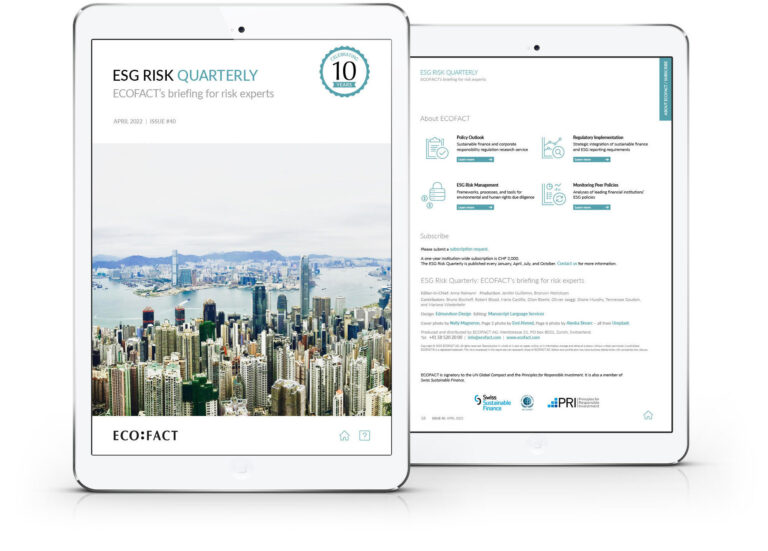Now it is the Board of Directors’ Turn
The time when sustainability was just an issue for subject matter experts, intrinsically motivated staff, and middle management is over. And that’s a good thing. As much as these courageous attempts achieved, without the backing of the entire organization their real-world impact remained limited.
For as long as sustainability was not a strategic matter, senior management and boards of directors took little interest. At the top level, some individuals did care and engage on these issues, often driven by concerns about the firm’s adverse impacts on society, reputational risk, and the global risks to future generations. Alongside internal sustainability advocates, they did help to establish their companies as the sustainability leaders in their industries.
Sustainability and other ESG issues are now undeniably of strategic importance. Just have a look at HSBC. The global bank has identified the transition to a net zero carbon economy as one of its four strategic pillars. To be clear, it is not talking about its sustainability strategy, but its business strategy overall. Such a decision obviously could not be made without the involvement of HSBC’s Board of Directors.
Today, involving the board is not an option – it’s an obligation. In many jurisdictions new regulations provide further details of what the new board duties comprise (ECOFACT Policy Outlook users can access our recent Briefing here). They can be summarized as follows:
- Oversee the identification and prioritization of ESG risk factors that can affect the company’s revenues, its long-term success, and shareholder returns both positively and negatively
- Supervise the identification and prioritization of ESG-related adverse impacts that result from the company’s business activities, or those of third parties with which the company maintains business relationships
- Consider ESG factors and the requirements included in ESG regulations when developing corporate strategies
- Ensure that sustainability-related information is included appropriately in the relevant reports
- Manage the integration of ESG-related risks into risk management policies and frameworks, as well as their implementation, and
- Direct the application of environmental and human rights due diligence frameworks.
Of course, for many directors this presents new challenges, as they lack the knowledge and the experience to work on ESG strategies. Providing them with helpful and digestible information is therefore essential.
In the Briefing, my colleague offered a very good rationale for why these duties have become so crucial. Considering the correlation between ESG performance and company valuation, boards of directors have much to reflect upon. As she adds, as the scope of ESG issues grows, so too do board responsibilities.
 All posts
All posts Contact
Contact



